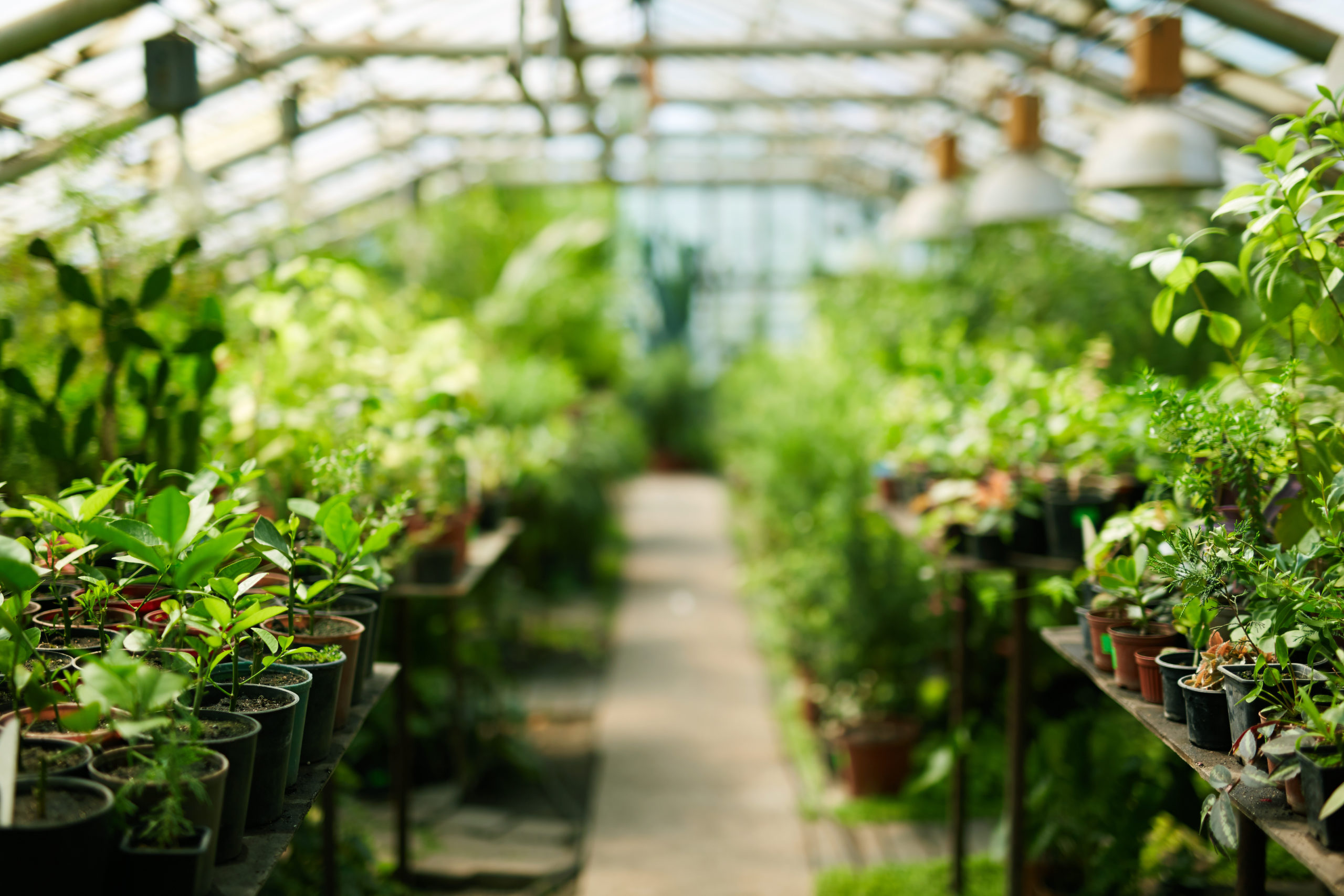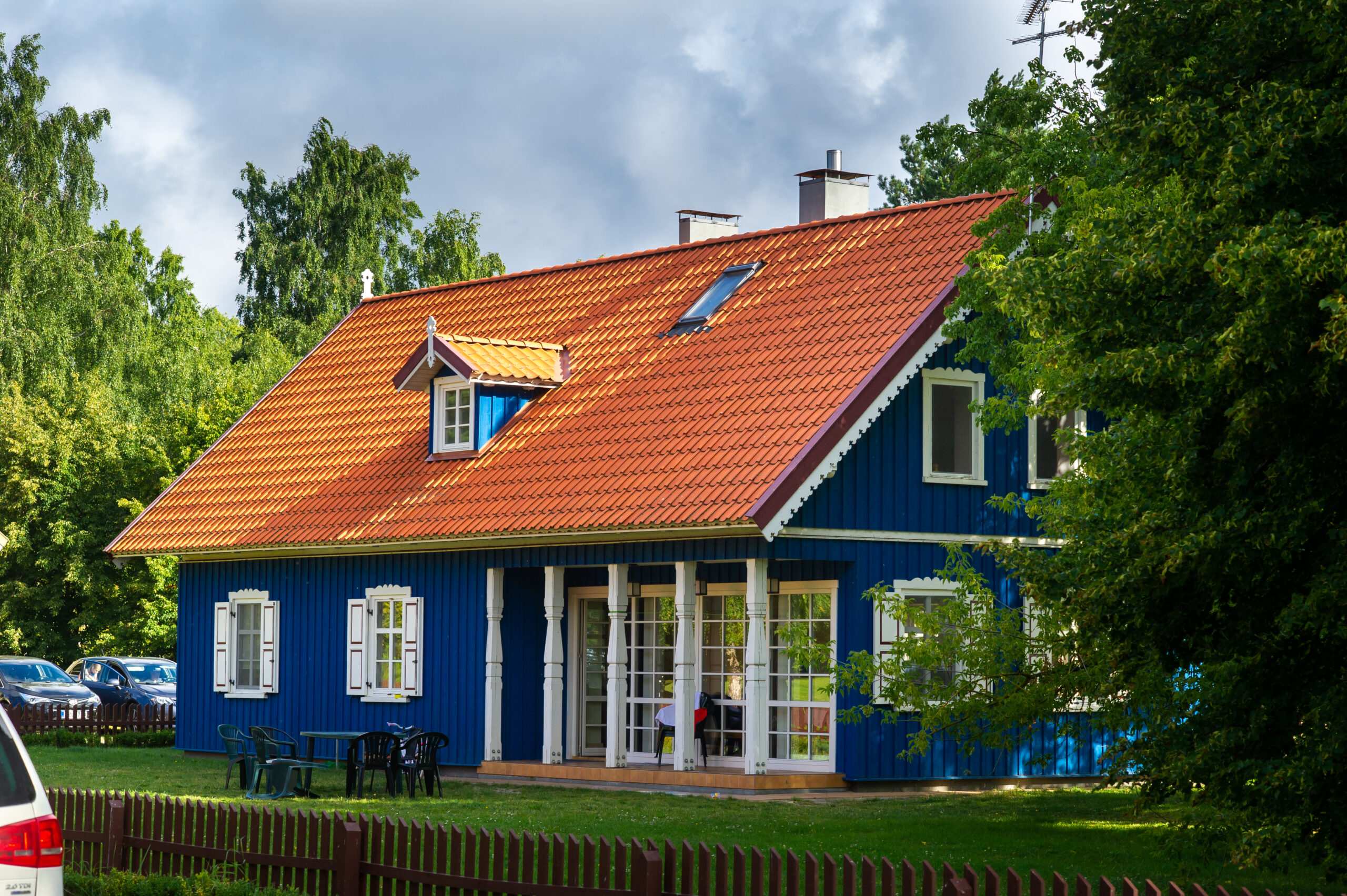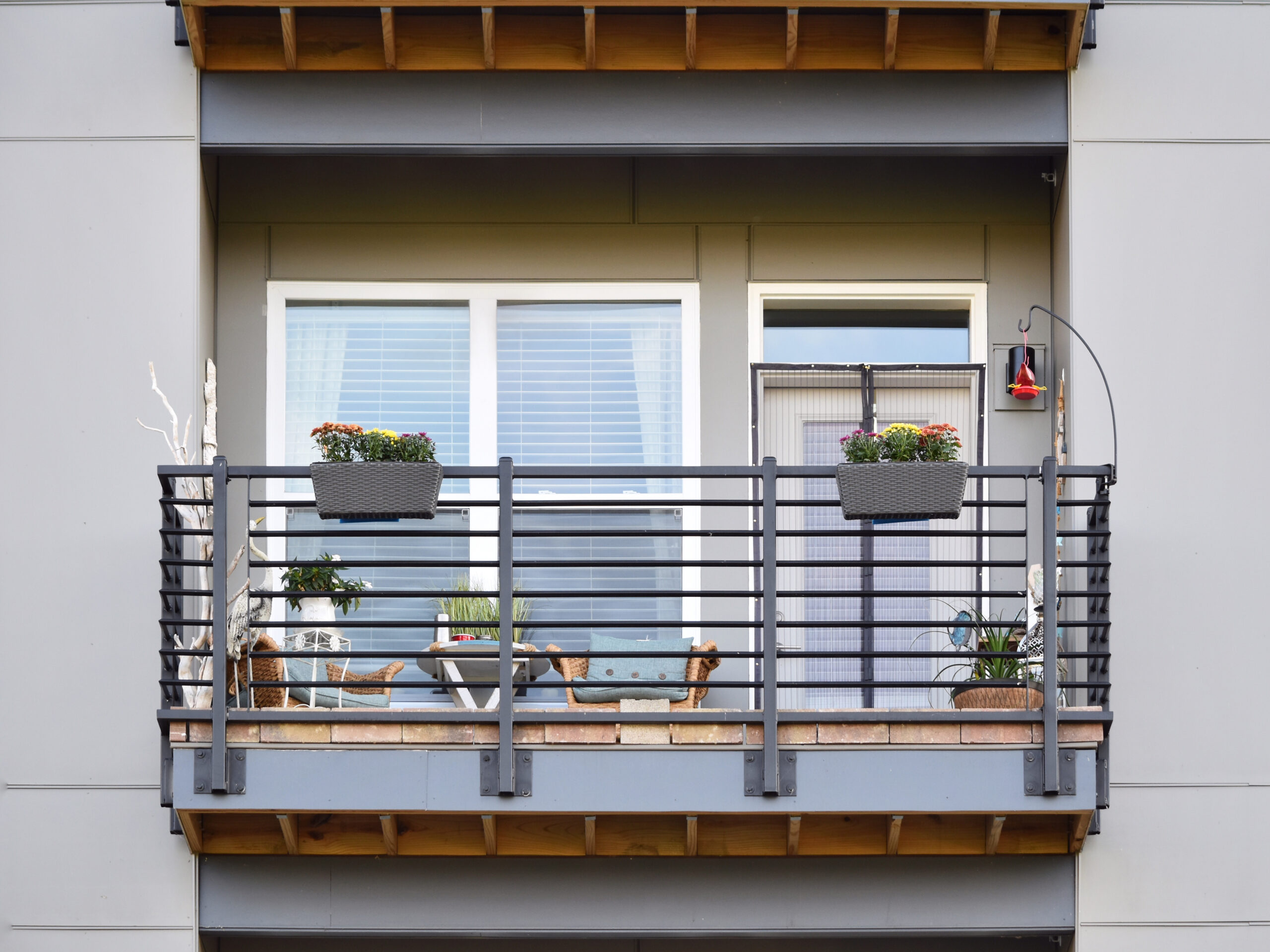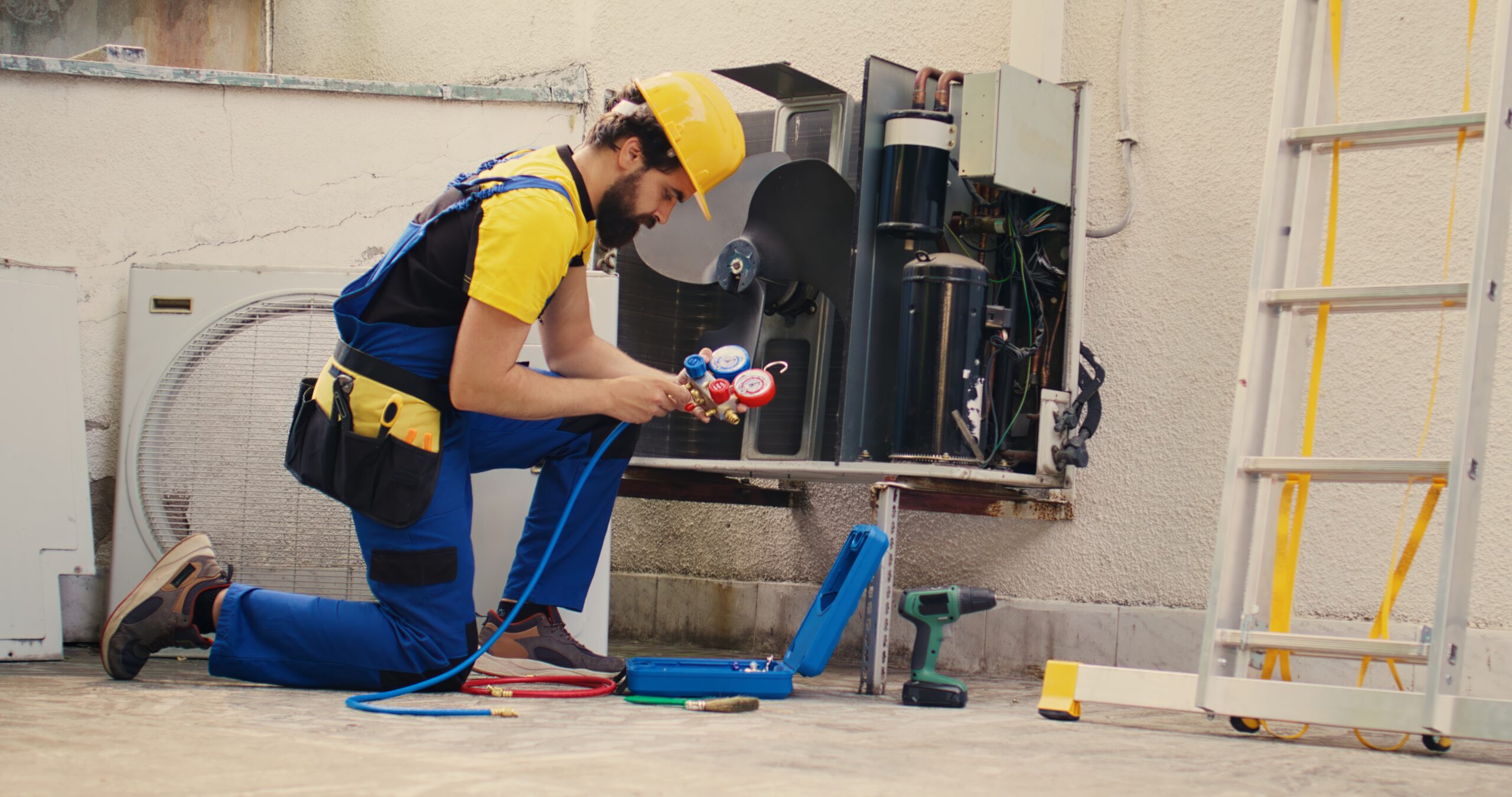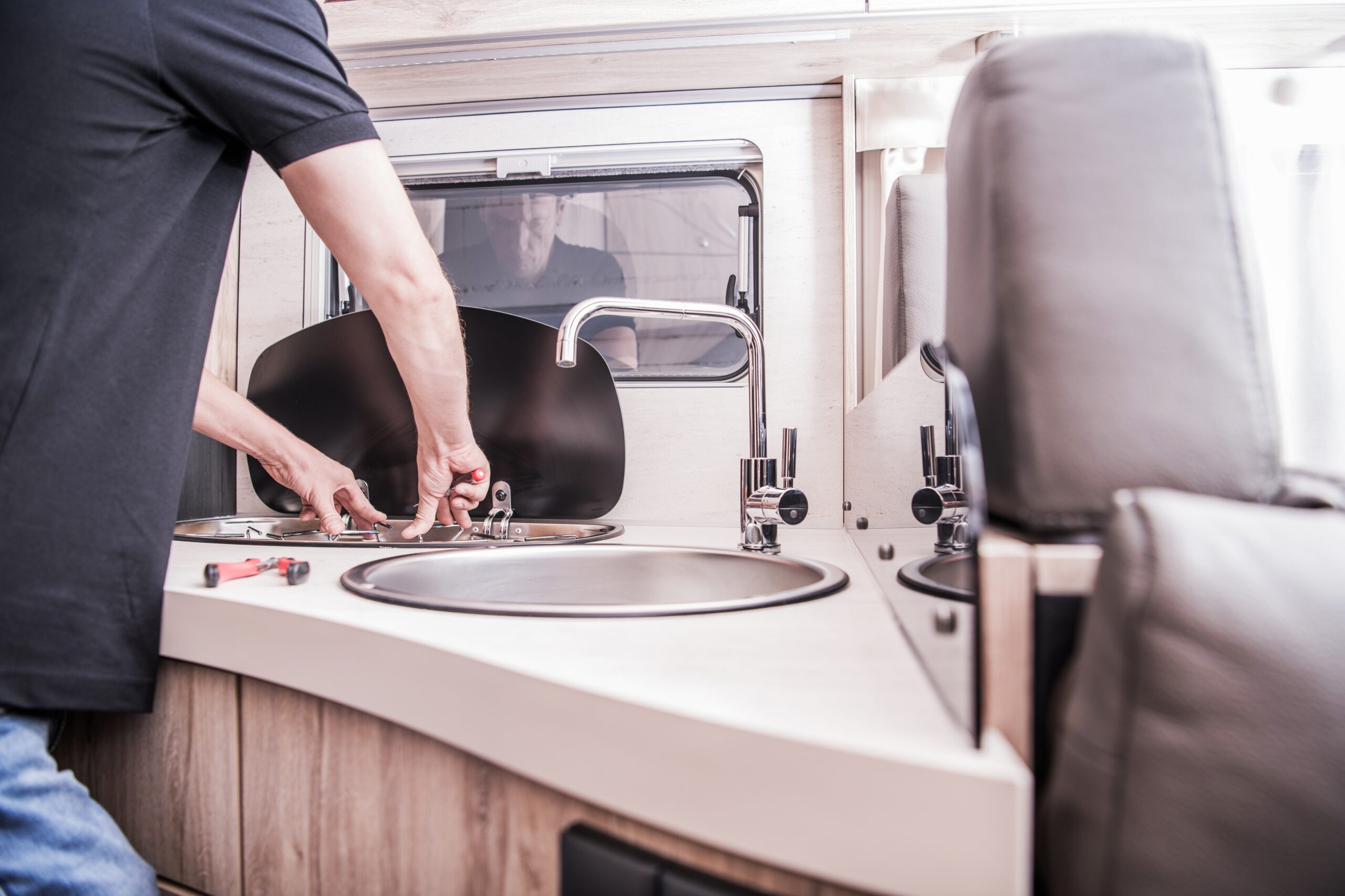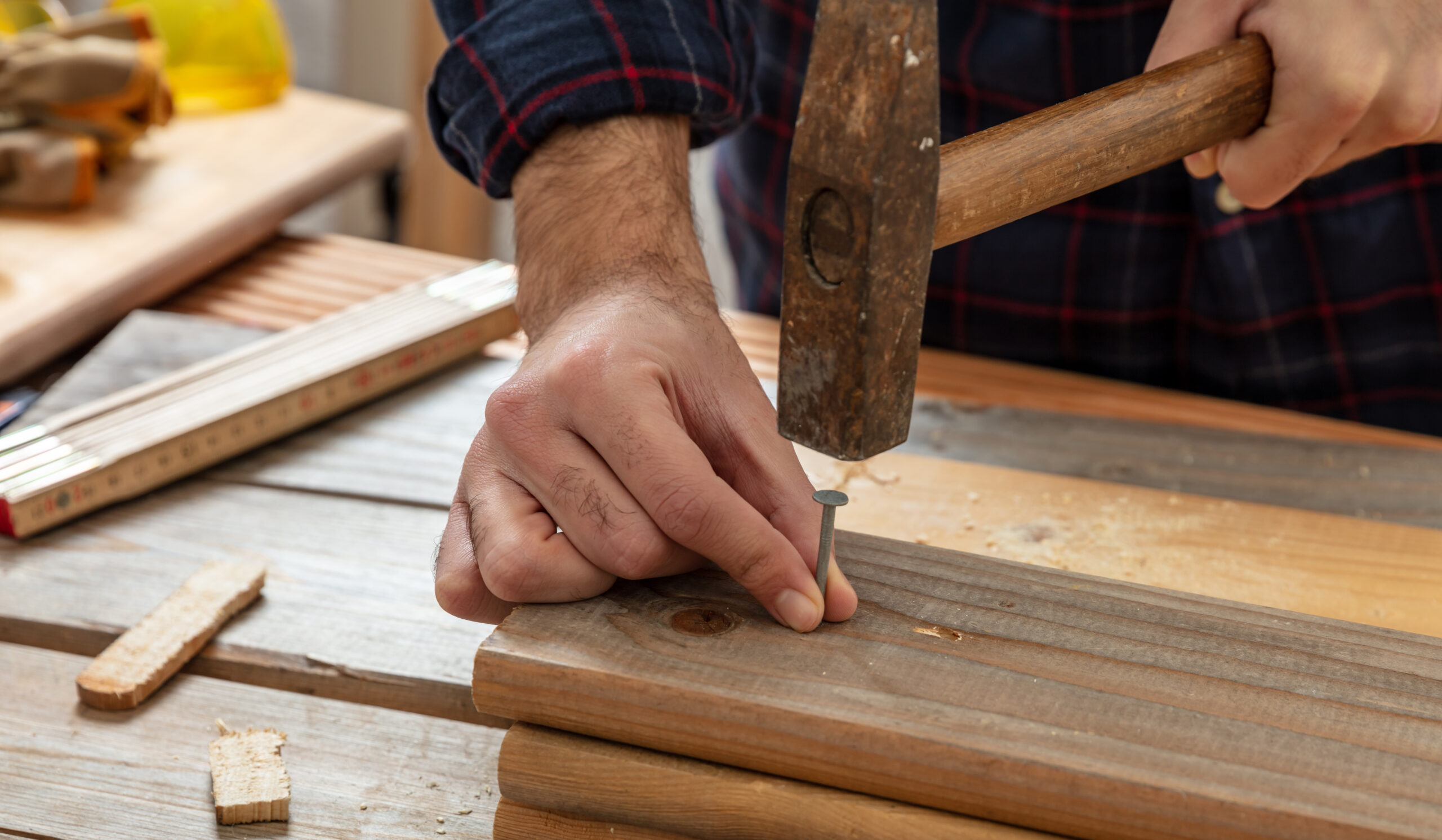There are few things that are more important than having clean air that is healthy and safe to breathe. Unfortunately, poor air quality is a significant problem that many homeowners have to deal with. A poorly functioning HVAC machine that isn’t providing effective filtration can raise your utility bills. Even more importantly, pollutants or contaminants in your indoor air can create health and safety risks for every member of your household. Read on if you want to learn more about the importance of clean indoor air and how you can protect your home.
What can you do to keep your indoor air clean?

Your HVAC system is often your first line of defense when it comes to protecting the quality of your indoor air. Look for a business like this one that specializes in heating and cooling in northwest Indiana if you haven’t had your HVAC system serviced recently. You should have the system inspected by a technician once annually and change the filter at least every 90 days. Anyone experiencing repeated problems or breakdowns with a system that is over 10 years old may want to consider a replacement.
Another great way to improve the quality of your air is by investing in an air purifier. Air purifiers can be particularly useful for minimizing the presence of common allergens like pet dander and dust. A portable air purifier with HEPA filter placed in a high traffic room can make a significant difference. Make sure you check that the purifier you purchase is the right size for the room you’re placing it in.
Cleaning your house can also make a big difference in how easy it is to breathe inside your home. Experts recommend vacuuming at least once or twice a week. You should also regularly launder items like bedsheets, area rugs, and drapes that can hold onto pet dander, dust, and other types of allergens and dirt. Let fresh air in as often as you can as well, preferably with more than one window open so the air can circulate in your home.
Why is clean indoor air so important?

The health risks that are associated with breathing polluted air can be significant. Poor air quality has been consistently linked to a number of heart and lung problems. These can include coronary artery disease, emphysema, respiratory infections, stroke, and cancer. Conditions like asthma, chronic obstructive pulmonary disorder (COPD), cardiovascular disease, and diabetes can also be exacerbated by breathing in polluted air on a consistent basis.
Air quality can even impact how well you sleep at night. One new study showed that those who live in areas where there are high levels of pollution in the air are 60 percent more likely to have poor sleep. The effects of chronic sleep deprivation can be severe, compounding the risks of poor indoor air quality. It can affect your mood and performance in a number of ways, as well as increase your risk of motor vehicle accidents and even cardiovascular disease if the problem persists on a long-term basis.
There are many factors that contribute to the overall air quality in your home. Protecting the quality of the air you breathe should be one of your highest priorities as a homeowner. Consistent HVAC maintenance is an essential part of keeping your air safe to breathe, especially changing the filter on a regular basis. An air purifier can also help, especially for allergy sufferers who are sensitive to pet dander. You can also take smaller steps like cleaning more often, laundering rugs and drapes, and keeping the windows open. No matter what you do, you won’t regret being proactive about making sure your air is clean.

